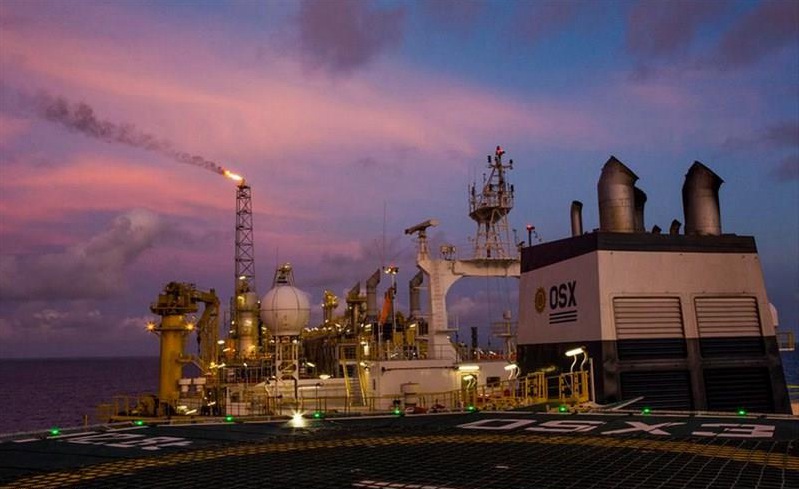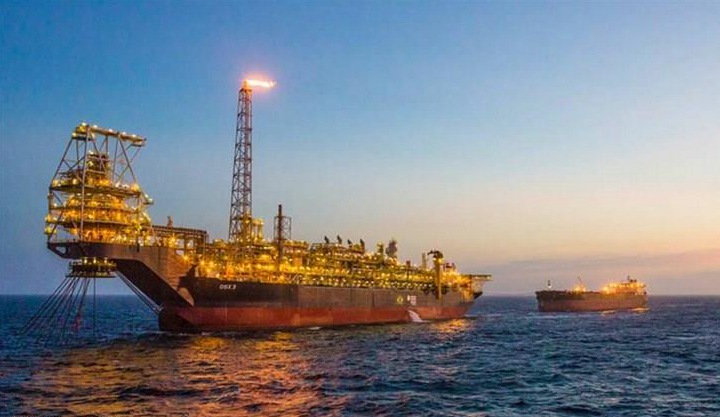LP 111/2016 Ruling casts uncertainty on international recognition of registered ship mortgages
Mortgages registered in a particular flag state are widely recognized as valid and enforceable wherever a ship may trade but a recent ruling by a Brazilian court case is challenging this accepted concept. An appellate court in Sao Paulo earlier this year deemed a Liberian-registered mortgage to be invalid under Brazilian law.
Brazil’s Superior Court of Justice ruling confirmed a first instance court decision of 3 February. It is yet to be seen whether the Brazilian example will be followed in other jurisdictions and underlines the need for international recognition of ship mortgages registered in the registry of the flag state.
In the case, the Dutch owner of a Liberian flag vessel, OSX 3, operating in Brazilian waters, was subject to a claim brought by an unsecured creditor, BTG Pactual Banco S/A. A secured lender, Nordic Trustee ASA, contested the priority of the claim on behalf of bondholders holding debt secured in the vessel by way of a Liberian ship mortgage, duly registered with first-ranking priority in the Liberian Registry. The Brazilian courts held, in the absence of a convention between Liberia and Brazil covering recognition of registered mortgages, that the mortgage was invalid under Brazilian law.

Legal background and issue
There are currently three conventions on ship mortgages: (1) 1926 Brussels Convention on Maritime Liens and Mortgages (2) 1967 International Convention for the Unification of Certain Rules relating to Maritime Liens and Mortgages and (3) 1993 Geneva International Convention on Maritime Liens and Mortgages.
Brazil has ratified the 1926 convention and therefore applies these rules when determining the validity and enforcement of foreign ship mortgages. It has signed – but not ratified – the 1993 convention. As Liberia has not ratified the 1926 convention, the Brazilian courts held the mortgage registered in the Liberian ship register to be invalid and not enforceable under Brazilian law.
This should worry shipping banks and other creditors with security in foreign-flag vessels operating in Brazil and in other foreign jurisdictions not a party to the same mortgage convention as the flag state. If mortgages registered in a ship register are not recognized as valid and enforceable in jurisdictions where a ship is subject to arrest and forced sale, the result may be that the ship is sold and the proceeds distributed without regard to the priority of the mortgage registered in the flag state. This could have devastating consequences for the mortgagees’ possibility of recovering amounts owed.
Shipowners also should be concerned, in particular whether a vessel entering Brazil or any other jurisdiction not covered by the same mortgage convention as the flag state may represent a breach of the covenants in the loan agreement. Furthermore, the personal liability of the shipowner and guarantors for repayment of the secured debt will remain to the extent that the secured debt is not repaid from the proceeds of a forced sale. The ruling also will increase the risk and, thereby, the cost of secured lending to shipowners.
Finally, it can be questioned whether the forced sale will be recognized in other jurisdictions, with the effect that the mortgages are deleted from the relevant ship register. This uncertainty will affect the purchase price in a forced sale as the buyers will take into account the risk that the vessel may be subject to arrest by the mortgagees in other jurisdictions recognising the validity of the registered mortgage and disregarding the extinctive effects of a forced sale on registered mortgages in the jurisdiction of the sale.
Consequently, shipowners and their secured creditors should be cautious when choosing where to employ their ships and in their choice of flag. Restrictions in trading areas to states being members of the same mortgage convention as the flag state will, in many cases, be utterly impractical. In other cases where the vessel is intended to be stationary in one jurisdiction over a longer period, as is the case for offshore production vessels such as the OSX 3, trading restrictions may be a practical way of mitigating the risk.

